The question of whether allowing employers to deny contraceptive coverage to workers would open the door for denial of all sorts of services was on the minds of some Supreme Court justices as they heard arguments in the Hobby Lobby case today.
Such denial could potentially have an effect on LGBT workers, according to gay groups that filed a friend of the court brief opposing the claim of crafts-store chain Hobby Lobby and two other companies that sued the federal government because they object to the Affordable Care Act's mandate to include contraceptive coverage in employee health insurance policies. The companies claim that certain types of birth control actually cause early-term abortions, and that covering these contraceptives is in violation of company owners' religious principles.
While hearing arguments in the case, justices did not specifically mention LGBT issues, but some appeared concerned about how far religious exemptions could reach.
"Is your claim limited to sensitive materials like contraceptives or does it include items like blood transfusion, vaccines?" asked Justice Sonya Sotomayor of Paul Clement, the lawyer representing the companies (also the man who defended the Defense of Marriage Act last year). "For some religions, products made of pork? Is any claim, under your theory, that has a religious basis, could an employer preclude the use of those items as well?"
Clement replied, "The first step in the analysis would be to ask whether or not there's a substantial burden on religious exercise. I do think this case is, in a sense, easier than most of the examples that you've brought up."
Justice Elena Kagan also grilled Clement, saying, "Justice Sotomayor is quite right that there are quite a number of medical treatments that different religious groups object to. So one religious group could opt out of this and another religious group could opt out of that and everything would be piecemeal and nothing would be uniform."
In their amicus brief opposing the companies' claim and supporting the federal government, LGBT groups Lambda Legal, GLMA, and Pride at Work expressed the belief that religious exemptions could be harmful to many groups of people. "Of particular interest to Amici are laws protecting LGBT persons and those with HIV from discrimination in commercial contexts, including health care services," they wrote in the brief, filed earlier this month. "Claims for accommodation of secular employers' personal religious beliefs at the expense of their employees have been rejected consistently. Granting the Companies the exemption they seek would invite re-litigation of these questions and open the door to increased use of religion to deny LGBT persons, those with HIV, and other vulnerable minorities equal compensation, health care access, and other equitable treatment in commercial interactions."
In their questioning of Clement and government lawyer Donald Verrilli, the ideological divide of the justices was fairly clear, according to various news sources. The Wire reports, "Justices Scalia, Alito, and Thomas (we assume), were broadly sympathetic to the challengers' arguments, while the three female justices -- Kagan, Sotomayor, and Ginsburg were sympathetic to the government's case. The trio dominated questioning during the challengers' oral arguments. Assuming Breyer votes with the liberal wing and Roberts goes with the conservatives, that leaves Kennedy as a key swing vote." The Wire also has a transcript of today's arguments.
A decision is expected by summer.




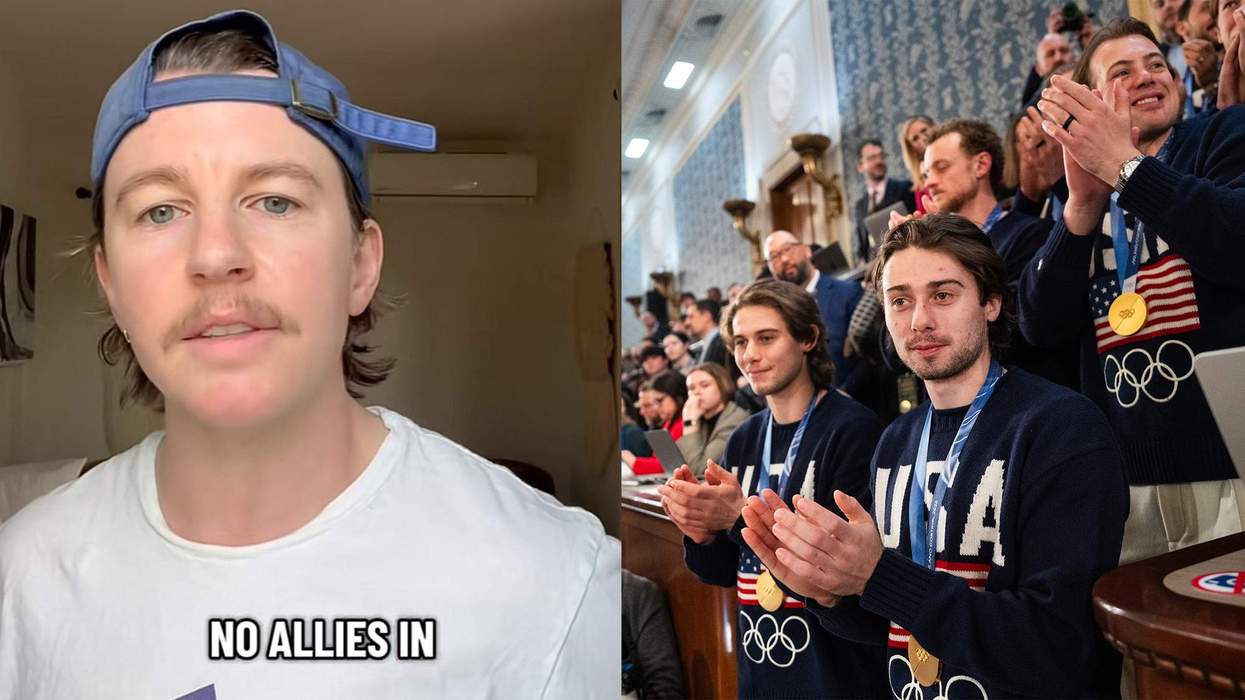
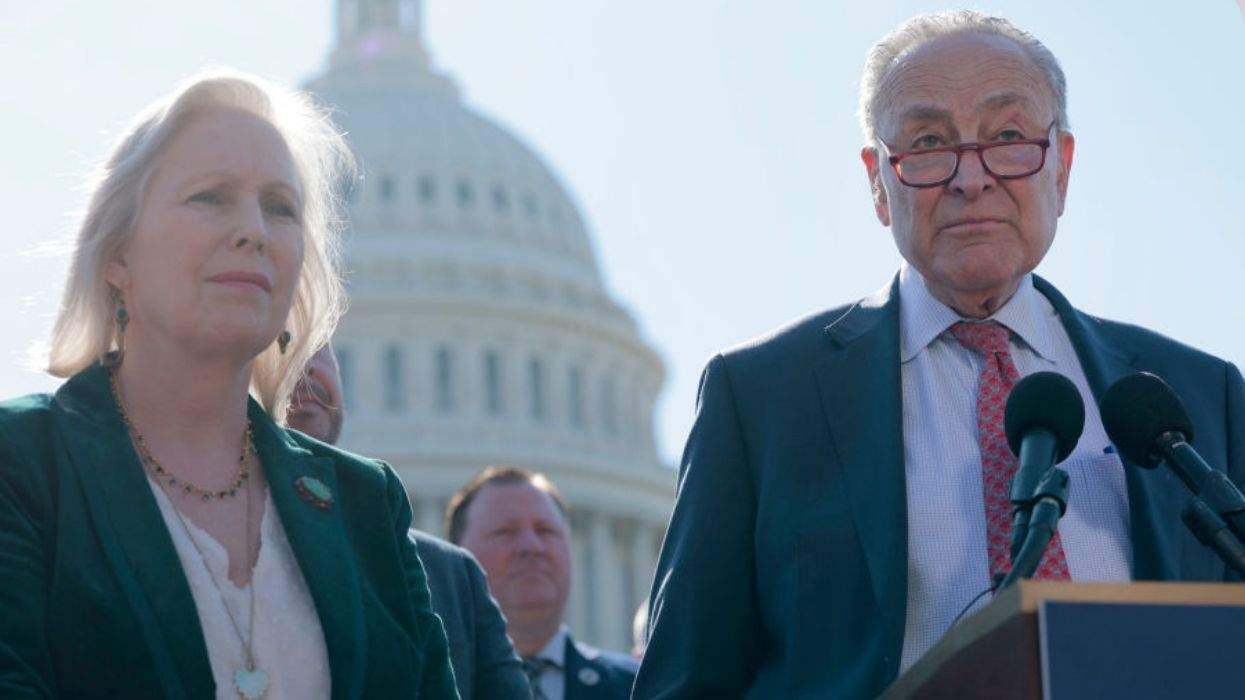
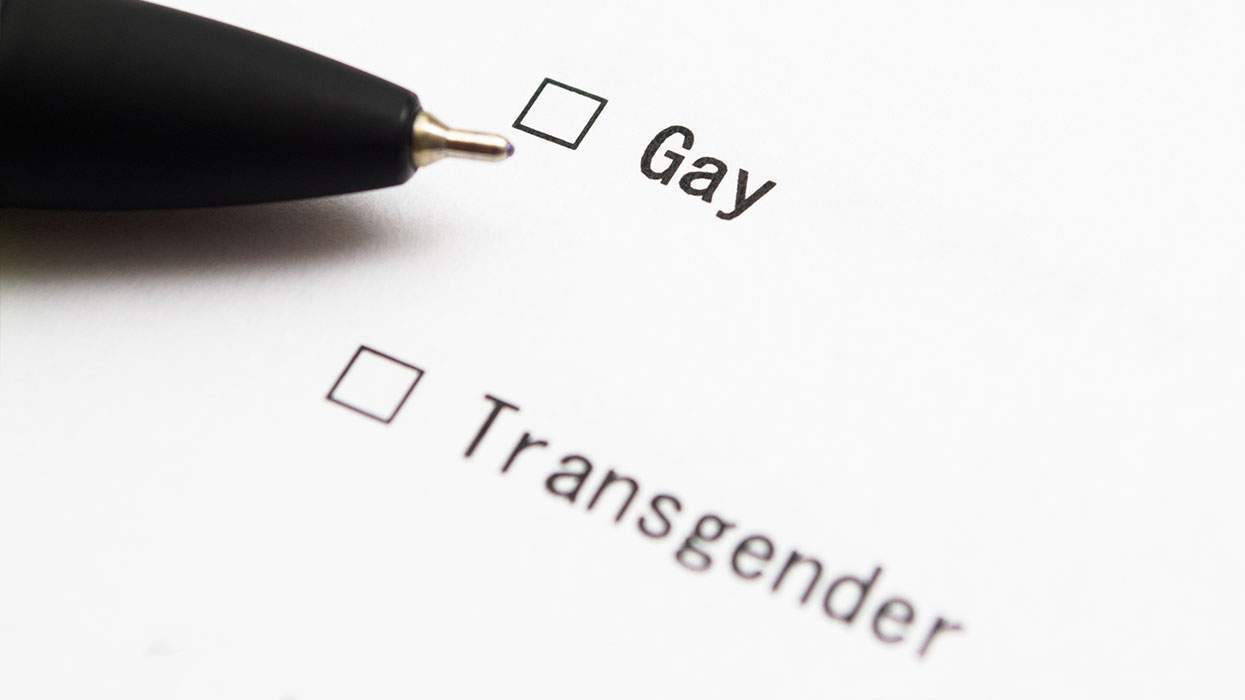
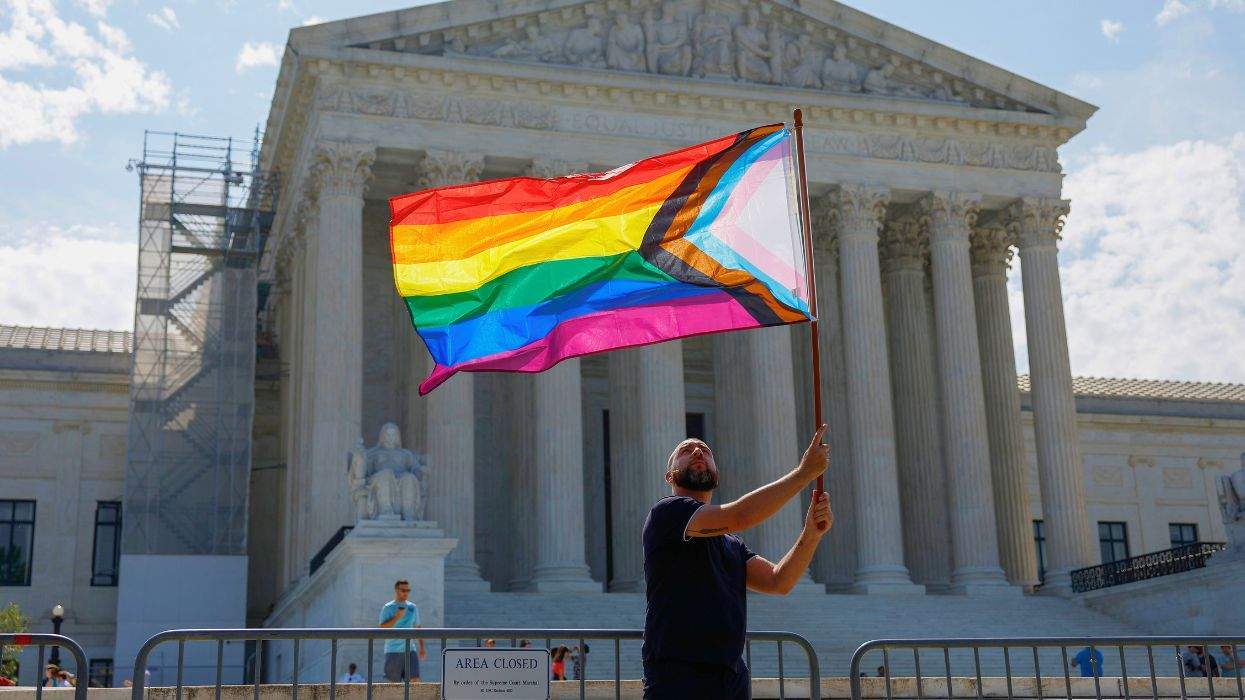
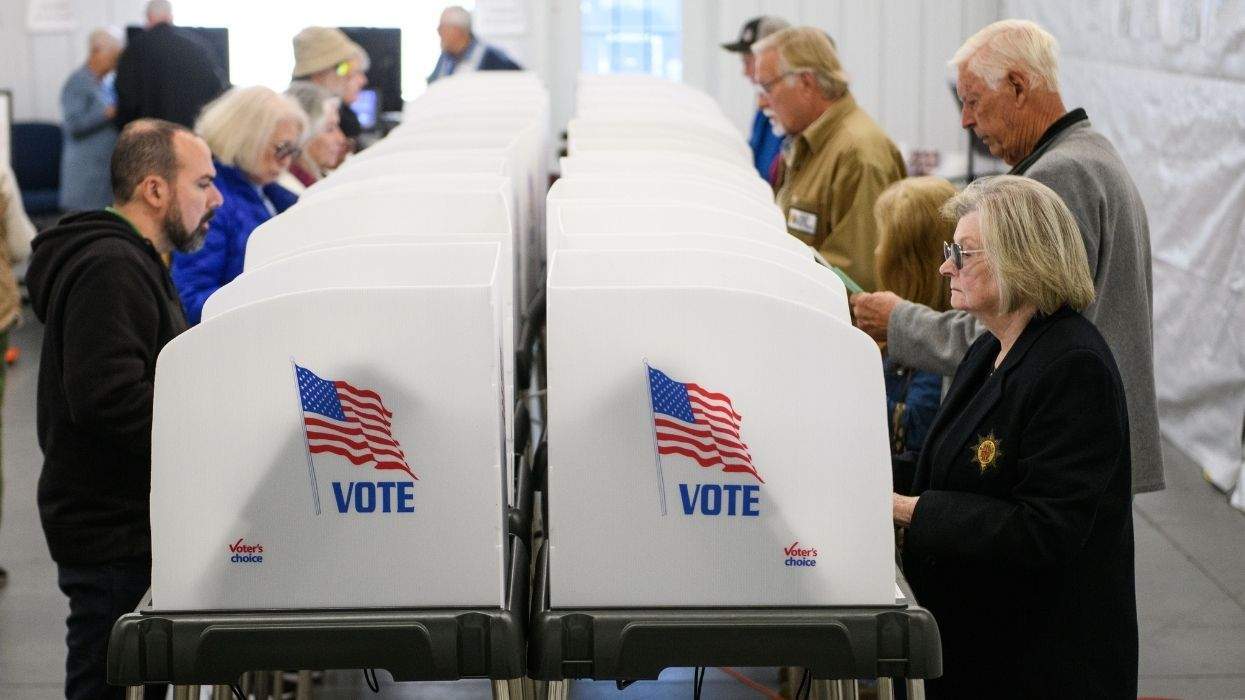
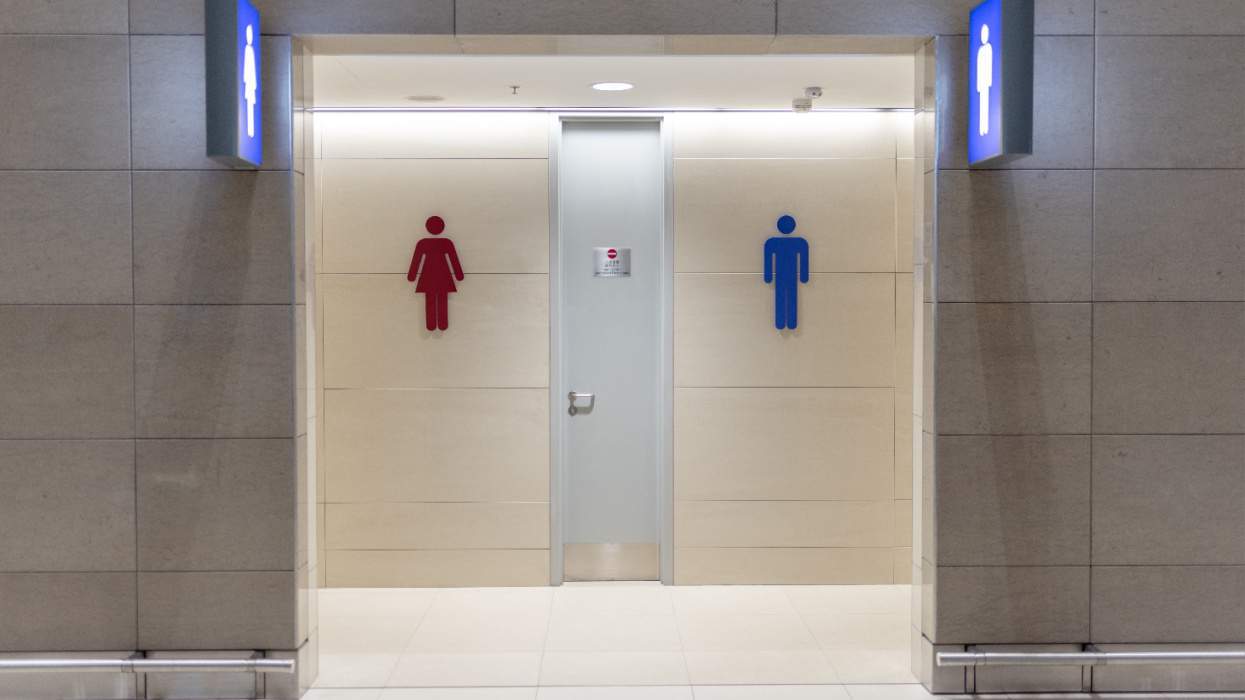





Charlie Kirk DID say stoning gay people was the 'perfect law' — and these other heinous quotes
These are some of his worst comments about LGBTQ+ people made by Charlie Kirk.